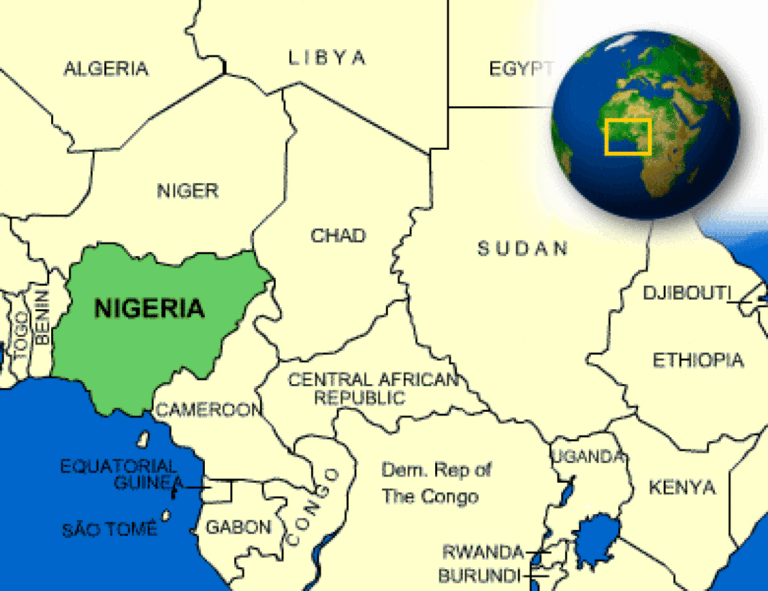Two years have passed—730 sunrises over savannahs, deltas, and dense megacities—since the last election swept in new promises of rebirth and reform. We now stand at democracy’s midpoint between ballots, and while whispers of 2027 already echo in Abuja’s halls, the true test of leadership lies not in campaign slogans, but in the day-to-day lives of commuters, farmers, traders, and students who’ve endured each of these 730 days.
Before the drums of the next election start beating, we must ask: Has life tangibly improved for Nigerians since 2023?
-
Is the economy more stable?
-
Are our homes safer from terror and crime?
-
Do more Nigerians enjoy uninterrupted electricity?
-
Has access to affordable food, healthcare, and education grown?
-
Are communities more united and empowered?
-
Has governance reached the grassroots?
Security: A Story of Gains and Gaps
Some flashpoints have cooled. Boko Haram’s grip on Borno and Yobe has weakened, thanks to revitalized military efforts and regional cooperation under the Multinational Joint Task Force. Yet, new dangers emerge. Over 3,600 abductions were recorded between May 2023 and April 2025, with mass kidnappings resurfacing in the Abuja–Kaduna and Plateau–Benue corridors.
In Nigeria, peace is not a press release—it’s a mother who no longer hides her children at dusk. For some, that peace is now real. For others, it remains a mirage.
Power: Still in the Dark
Despite pledges to light up the nation, Nigeria’s grid still hovers around 4,500–5,000 megawatts, barely above 2023 levels. Seven national grid collapses were recorded in just one year. Diesel costs have nearly doubled, forcing many households to ration generator use.
Bright spots exist—solar mini-grids backed by the Rural Electrification Agency now serve over 500,000 homes in underserved regions. But for urban residents, the soundtrack of every evening is still the groan of a generator. Reliable electricity isn’t about wattage—it’s when your fridge stays cold, and your child completes homework under steady light.
The Economy: Growth Without Relief
Yes, GDP grew by 2.98% in Q1 2024. But what does that mean when inflation hits 33.69%, the highest in nearly 30 years? The naira has lost over 65% of its value since subsidy removal and FX reforms. A 50kg bag of rice now sells for ₦75,000, double the 2023 price.
For many Nigerians, a 10% salary raise feels like a pay cut when inflation outpaces income. That arithmetic doesn’t lie.
Agriculture: Promise Meets Reality
Programs like the National Agricultural Growth Scheme (NAGS) have reached over 1.2 million smallholder farmers, and tech-driven farming is making gradual inroads. But widespread insecurity and erratic weather continue to disrupt large-scale farming. In today’s Nigeria, a simple plate of rice is a victory against both conflict and climate.
Corruption: Hopes High, Results Mixed
The initial crackdown on corruption sent ripples through the political class. The EFCC secured over 4,100 convictions in 2024, the highest on record. High-profile probes were reopened—but many fizzled into plea bargains or court delays. Budget-starved agencies now battle to remain effective, while lawmakers flirt with new immunity clauses.
Healthcare: Expanding, Yet Fragile
New primary health centres have opened, and 15 million Nigerians have enrolled in the expanded National Health Insurance Authority (NHIA). Yet over 70% of healthcare costs are still paid out-of-pocket. Clinics lack drugs. Nurses are overworked. Many Nigerians still view public healthcare as a gamble.
Education: Uneven and Underfunded
The Safe Schools Programme has helped protect some learning spaces. Model schools and digital classrooms in states like Ebonyi and Enugu show what’s possible. But across Nigeria, especially in the Northeast, literacy levels remain alarmingly low, and only 27% of children aged 6–11 attend school regularly.
Still, there’s hope. Ministers like Dr. Morufu Alausa (Education) and Dr. Muhammad Pate (Health) have shown commendable resolve, pushing for reform in the face of severe constraints.
Governance: Beyond Headlines
Governance must serve the now. Every impressive statistic shared on stage must pass the test of the marketplace, where a woman calculates how many spoons of rice she can afford, and the factory worker listens for the silence that means layoffs. The next 730 days must be less about rehearsing campaign lines and more about delivering measurable results.
Progress deserves applause. Shortcomings demand honesty.
True leadership now means grinding through the bureaucracy, overcoming inertia, and making reforms visible in everyday lives—not just in budget lines.
The clock ticks. The window narrows. The people are watching.

